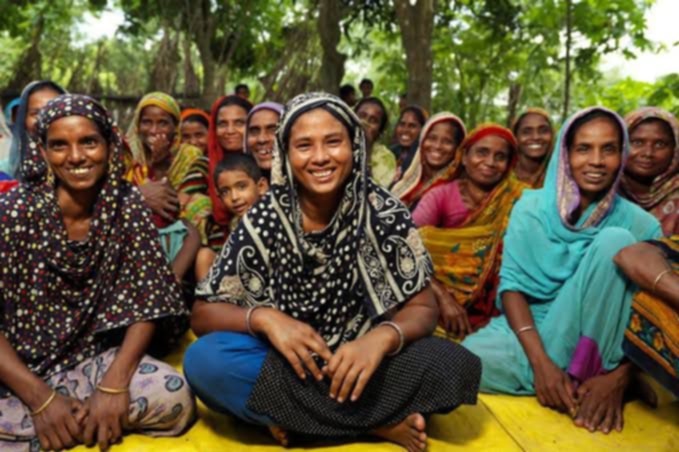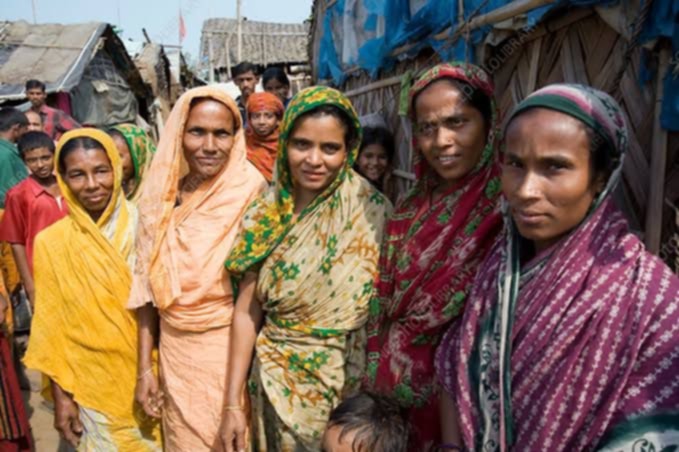
Women empowerment is the door to new possibilities in Bangladesh to create sustainable development. Every family in Bangladesh has hidden wealth, like a diamond hidden in the abyss of the Bay of Bengal.
Researchers of that area have given names to them, "economic revolution" or "women awakening". From Begum Rokeya to Nawab Faizunnesa, the dream of a nation of possibilities is spread in every part of Bengal. Hundreds of steps have been taken to empower women in the rural areas of Bangladesh, but all the steps are falling apart. That's what's creating fear. Shahnaj Parveen, a researcher at Bangladesh Agricultural University, in her research "Rural Women's Empowerment in Bangladesh", points out that rural women are suffering from economic inequality in society.
As a result, 80% of women hesitate to join their work. He collected samples from three villages in the Mymensingh region of Bangladesh. 156 respondents presented their experience and economic picture. Population is the driving force of growth and development of an area. The Bangladesh government's plan to convert each of them into a transnational asset has not seen the light of day for a decade. The light of knowledge in rural society is also limited due to irregularities, bureaucratic beatings, economic misery, social degradation and religious practices. Religious bigotry stands in the way of many young women's access to education. Shahnaj Parveen, in her study Rural Women's Empowerment in Bangladesh, points out that 83% of households in rural socioeconomics have low economic status. These low-income families have to struggle to meet the daily expenses. In the absence of adequate facilities, their lives have no meaning. 44% of households are low-income.
They did not have access to anything other than modern technology, electricity and phones. There is a small amount of wealth in the family with which they do not contribute to the welfare of the country. 7% related; those who are related to modern technology have the power to make decisions. Gender awareness is prevalent in 43% of households. 72% of families are spending their days in family facilities despite problems. Empowerment in these households: 82% of women have low levels of empowerment. Education Influences Education, media exposure, and mobility are present in some families. There are socio-economic traditions and religious practices in the family. Shahnaj Parveen noted that empowerment can be improved through education, training, and access to information. Sustainable empowerment is an important part of well-being.
If human participation is not fully possible, women's empowerment will fall flat. Another study by ShahnaJ Parveen on "Social Status and Gender Awareness of Rural Women in Bangladesh" reveals that social influence on status depends on personal income and physical beauty.
Apart from this, the lower-class people have the right to speak; due to mental and physical problems, they are kind of deprived. Those who are always silent suffer from some kind of physical disorder. Their voice is not being silenced. Rural women do not have the right to domestic violence, limited community participation, ancestral land, child marriage, or divorce. The dowry system, lack of education, and lack of adequate treatment cannot raise their heads to further highlight women's power. She noted the results of her study: improving literacy, media access, resources, and women's groups can boost gender awareness in urban areas.
The fragile nature of a state system cannot be changed without the development of rural areas. Women's participation, inclusive education and adequate opportunities can be the gateway to the potential economic development of a new Bangladesh. Women's awakening is possible by providing adequate opportunities to NGOs with government intervention. Otherwise, sustainable development is not possible.
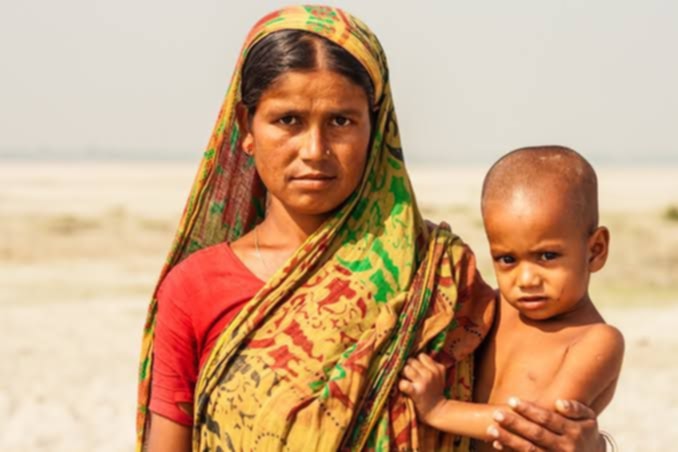
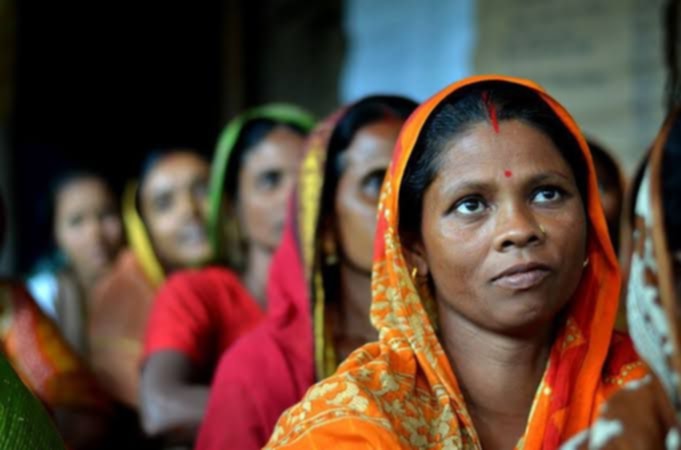
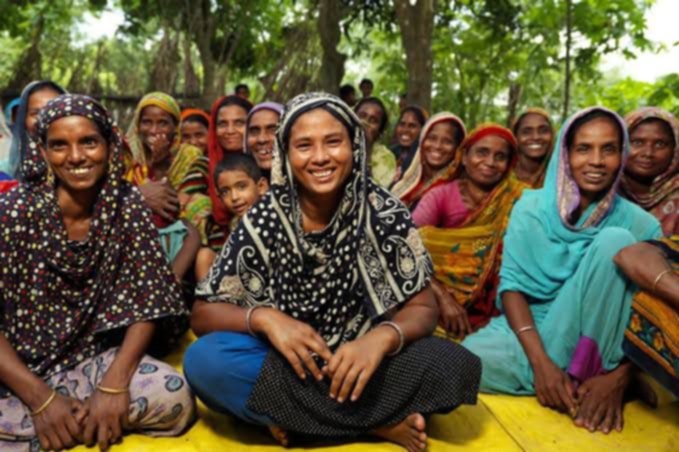
The NGO says that after providing training to Reeds, they have to think about women's empowerment again by getting out of the culture of irresponsibility that they are showing without following up.

